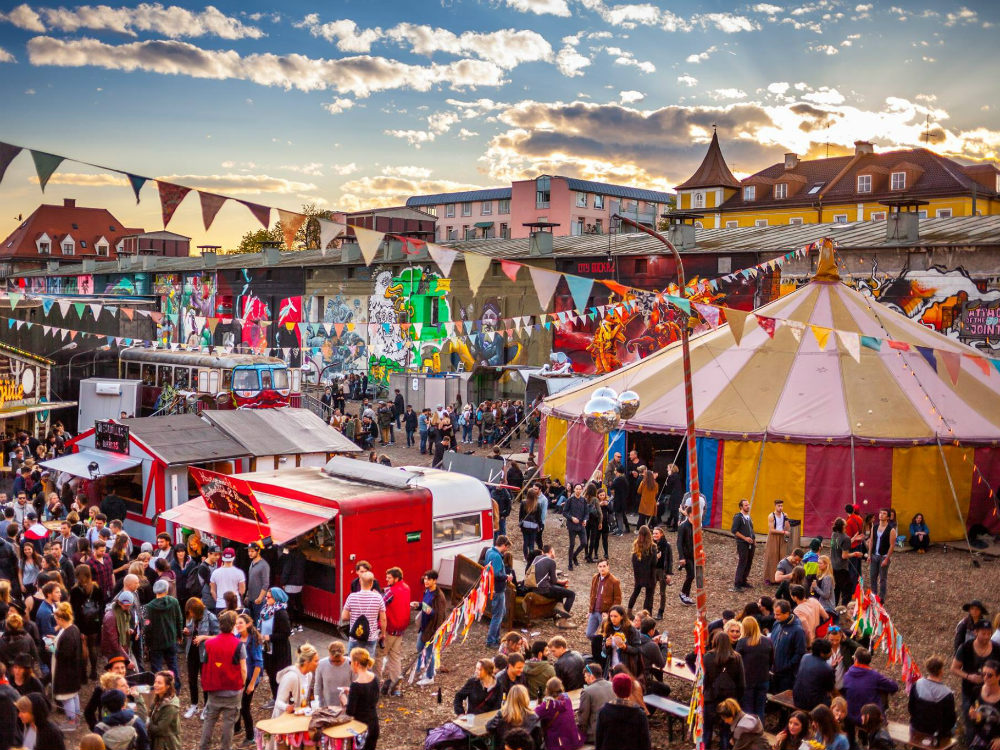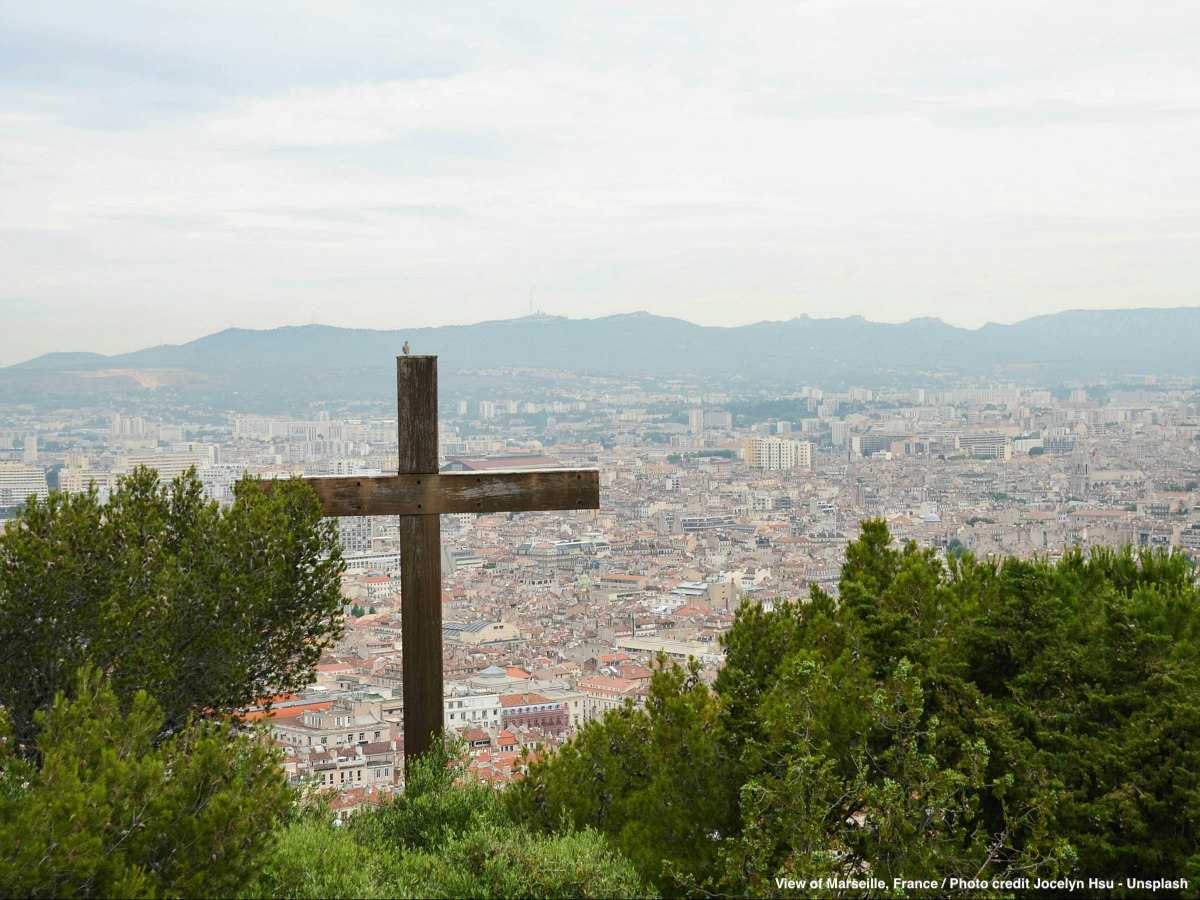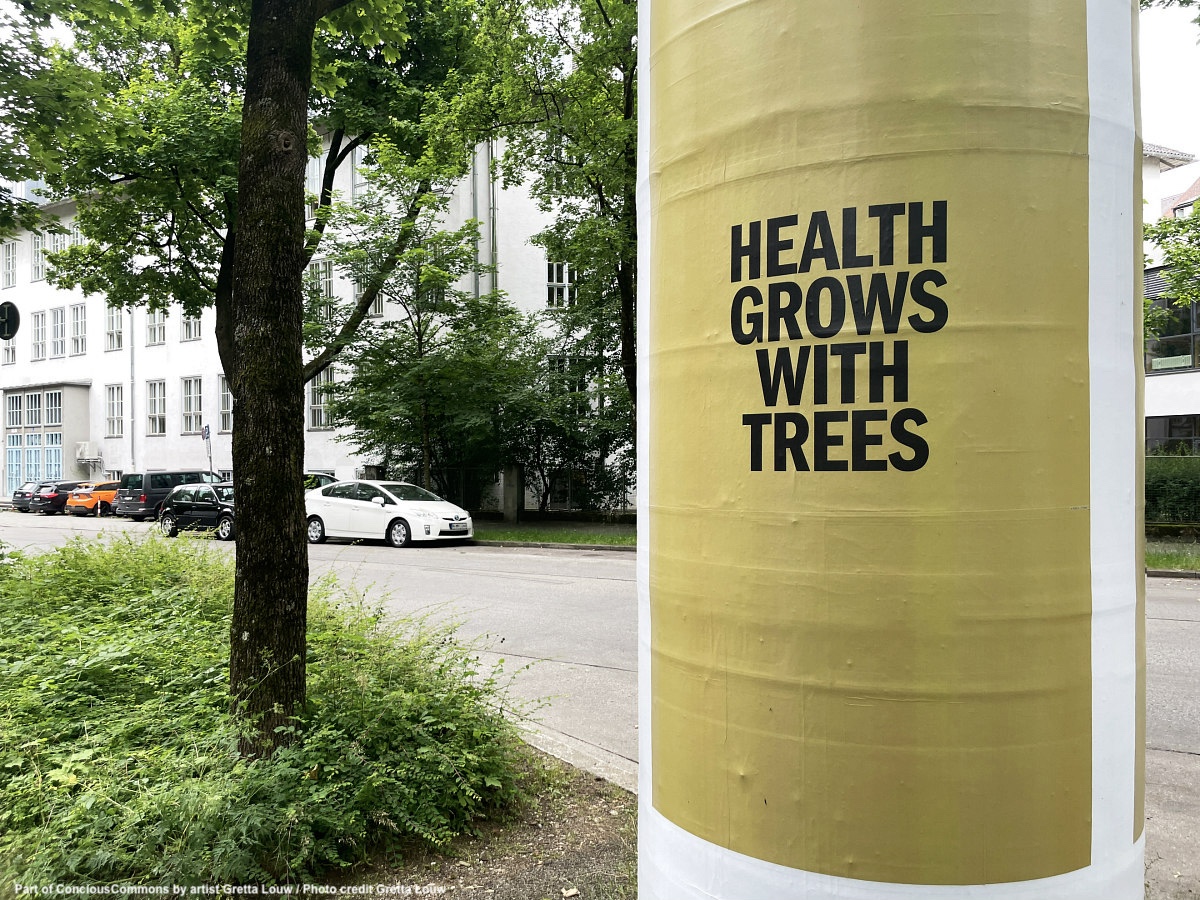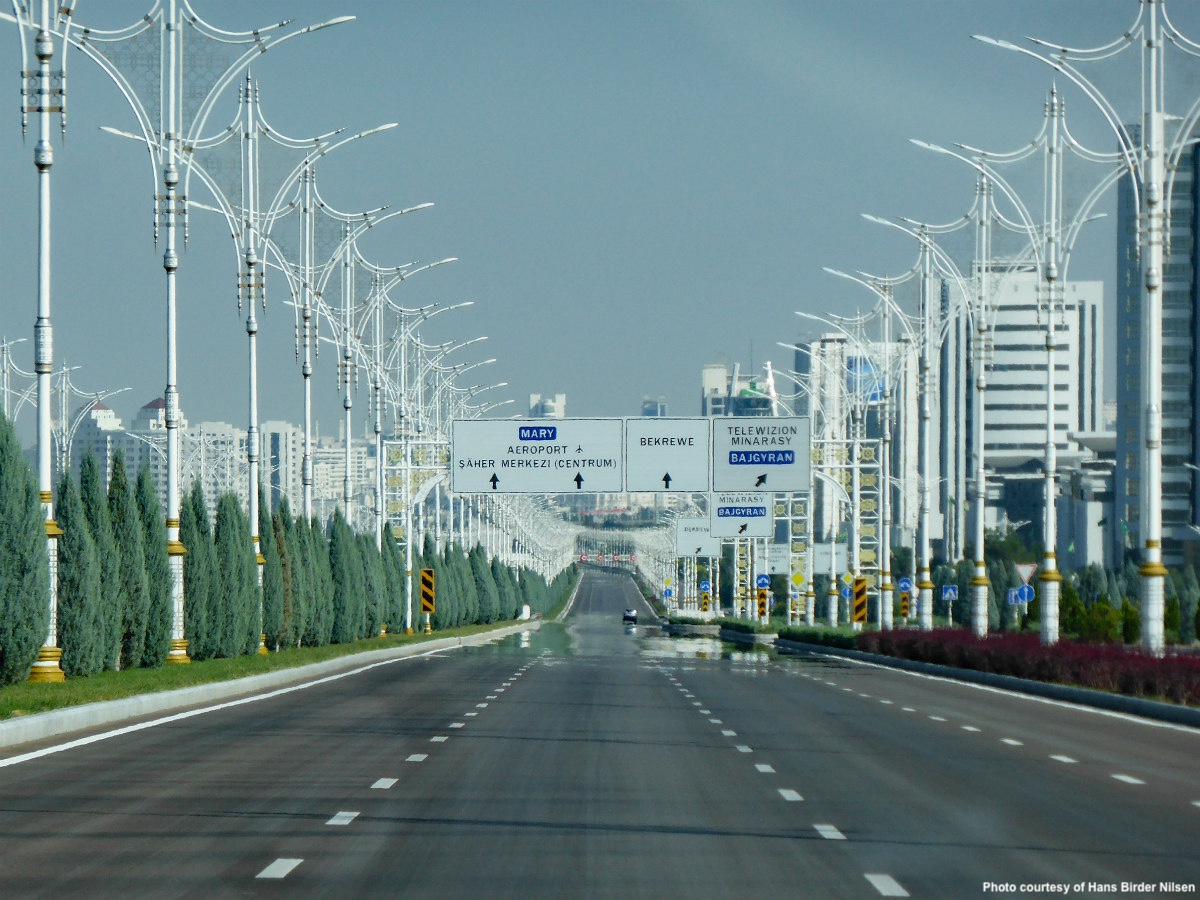Pop-up public spaces, most typically of fairy tales, turn derelict places into ‘cultural spots’ in Munich. They have opened up a new concept of private and public relationship at public space to endorse access to culture.
If the Grimm brothers were the masters of fairy tales in Germany more than 200 years ago, the Hahn brothers are taking fairy tales to their city’s heart. From a traditional Kazakh yurt by the lake to a Witch house, Germany’s new fairytale route is in Munich.
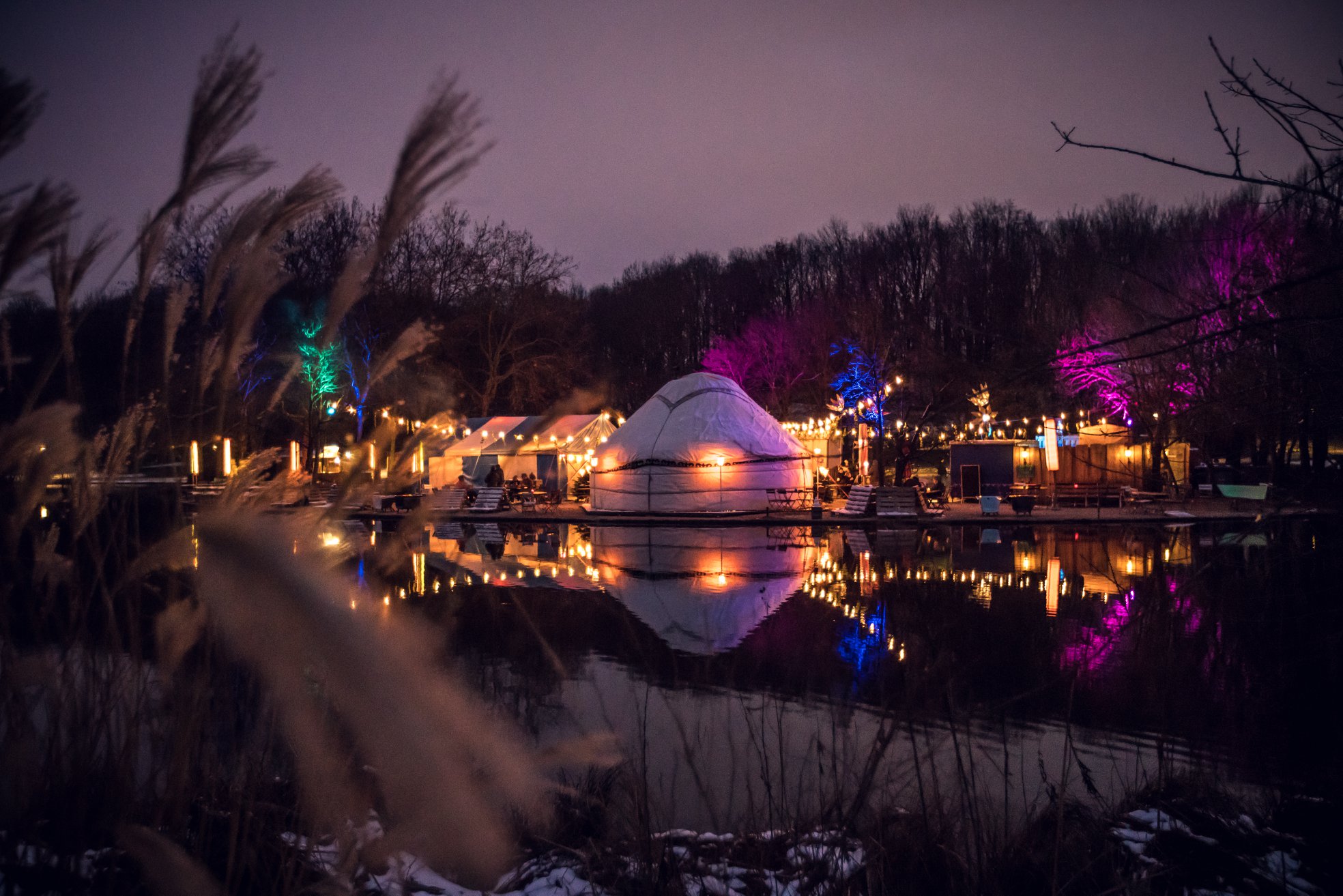
Julian and Daniel Hahn are the masterminds behind the transformation of unused public space in Munich into dreamy places. They act as ‘cultural spots’. Their common narrative is to make space for culture at suburban neighbourhoods.
They want to showcase to the city administration the kinds of benefits their vision has for the city, the citizens and neighbourhoods. By granting permissions to use public space, the city endorses access to culture in Munich.
As part of this process the Hahn brothers are turning the bar and nightclub culture in Munich upside down.
At these ‘cultural spots’ you can buy a drink or food, however, what is really on the menu is the promotion of a varied cultural diet.
People of all ages and backgrounds can come here, chill out and enjoy the cultural program which is running that day. There is no obligation to consume. Ordering an espresso, it is just a way to support culture and make it accessible and affordable to others, explains Julian Hahn.
This model seems to work. These beautiful spaces are always packed with people. And this in turn attracts independent artists of the Munich cultural scene, who want to show their work to a broad public. ‘Artists don’t risk renting a space and hoping for people to come. The audience is already there. It is a win-win situation for everybody’.
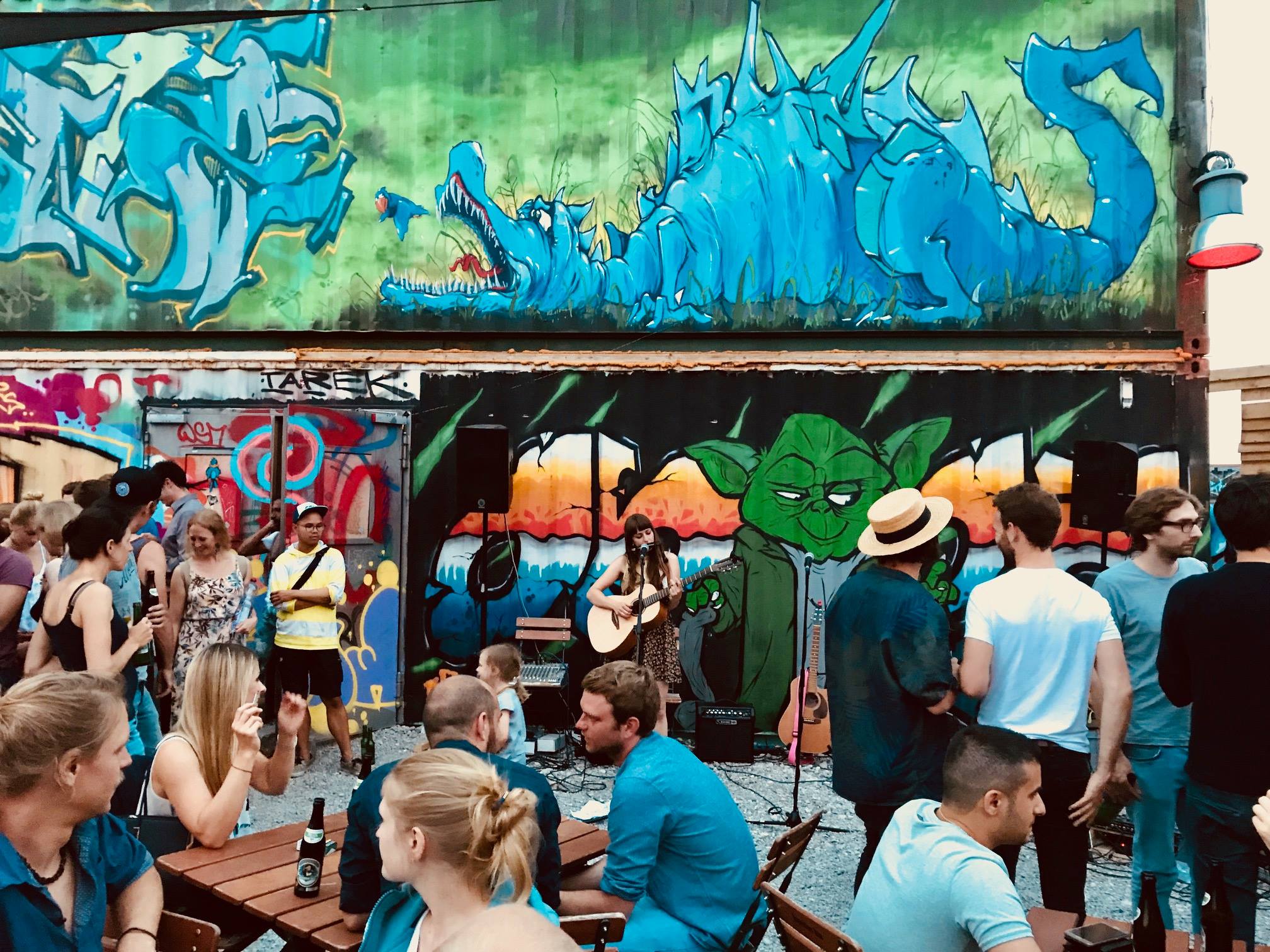
I met Julian Hahn at Gans am Wasser. It is a café with tents and trailers located directly on the shores of Lake Mollsee, an idyllic location in the public Westpark. Cozy seating and individual decoration, some made by Julian himself, offer a unique opportunity to unwind and enjoy a varied cultural programme. ‘It is like a living room by the lake’, recommend visitors on social media.
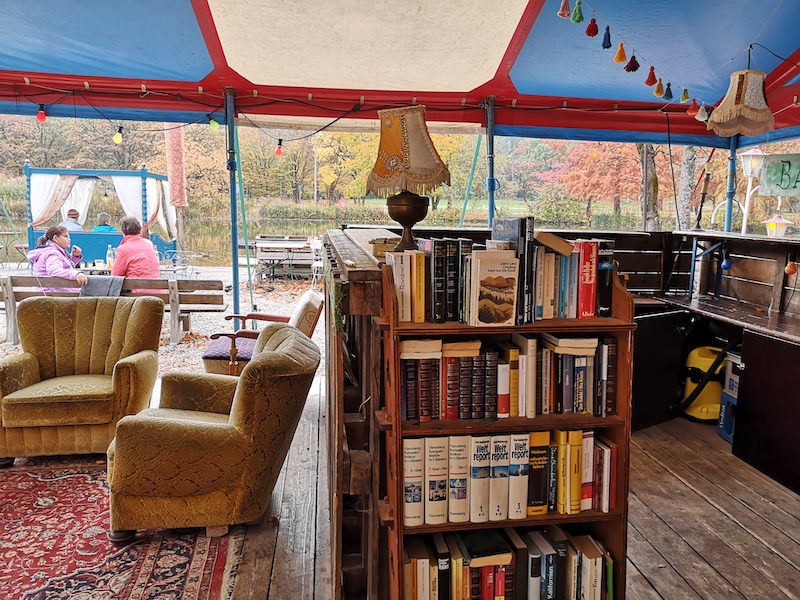
Julian and the two other co-founders of Gans am Wasser grew up at Westpark. They always wanted to revive this great location, which they know from their childhood.
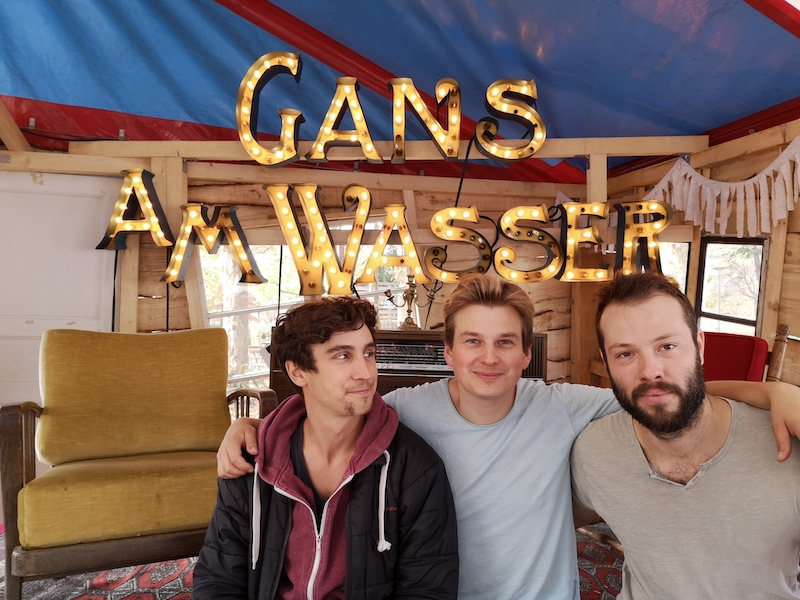
‘We used to spend many hours in this park; by the lake in the summer and sliding on its slopes in the winter. This part of the city does not have so much to offer in terms of art and culture’.
The central areas of Munich concentrate the cultural offers of the city.
Citizens hardly find theatres or exhibitions in the suburban neighbourhoods of Munich. ‘Each neighbourhood should attract visitors from other areas in the city. At our spaces people come from different parts of the city. The involvement of cultural actors, artists and their creations plays an essential role in this endeavour. We make culture accessible and affordable while supporting local talents’ envisions Julian Hahn.
As a result of this vision, the Hahn brothers founded the association Wannda e.V. in 2012 together with some childhood friends. The name evokes the question mark in German: Wann dann? (Translated in English ‘If not now, when?’).
Because space is scarce in Munich, they started by presenting Wannda to the city administration in the form of a cultural circus. They committed to transform meanwhile spaces in Munich from unused into pulsating sites for a short time: Wannda Circus, Wannda Kulturfestival and Märchenbazar.
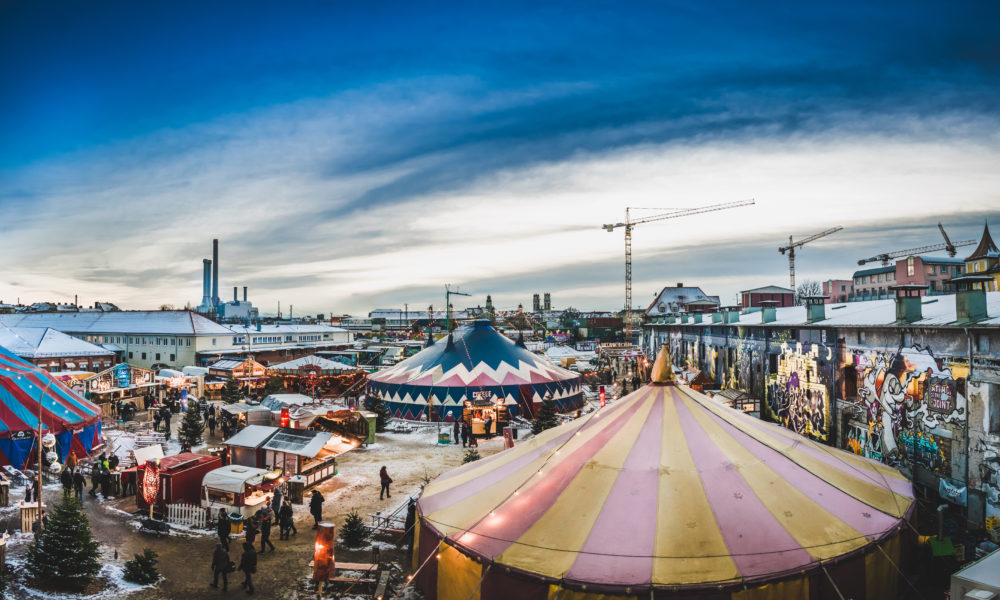
After that, other projects have been constantly evolving at unused public space under the permission of the city administration to endorse access to culture.
Launched in 2015 Bahnwärter Thiel invites visitors to dance and to dream, in an extraordinary setting full of curious things, such as a crane equipped with disco balls, a coach, floating gondolas and discarded Munich subways, surrounded by artistically painted sea containers. The imagination has no limits. The containers provide space for artists and craftsmen for workshops and experiments.
Next to it is the Kulturhaus, which aims at reflecting the diversity and creativity of the Munich cultural scene in the form of a colourful program. For instance, piano and movie nights, readings, travelogues, tango ‘milongas’, theatre evenings or concerts of multicultural bands.
Also nearby is the Alte Utting, a decommissioned boat perched on a railway bridge in Munich. These places are all located along the Mecca of street art in Munich in the Slaughterhouse neighbourhood. They are run by the brother Daniel Hahn.
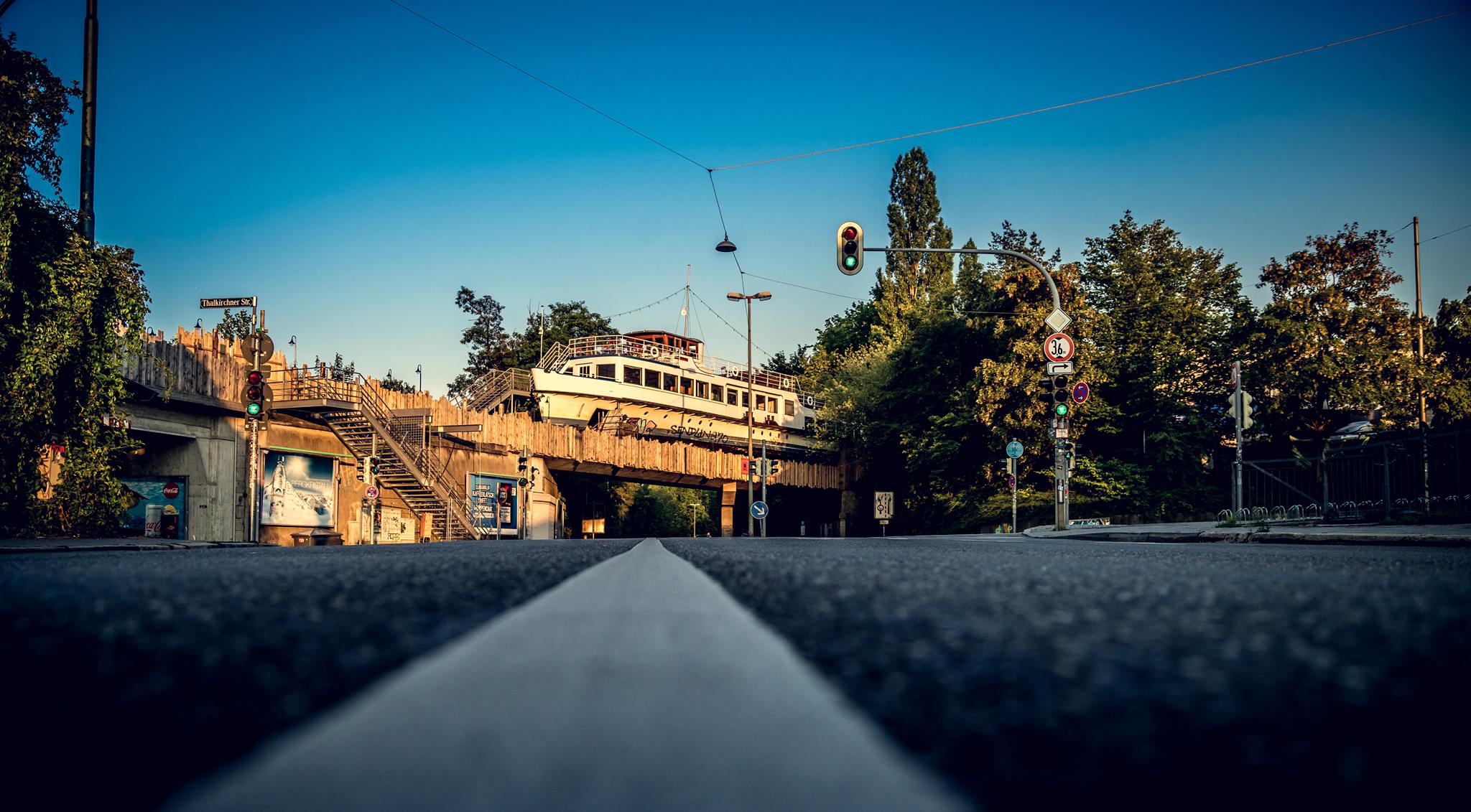
I dream of a city like in a fairy tale with beautiful locations, where people exchange creativity and skills. My projects try to reflect this dream and bring it into reality. The problem in Munich is that city officials are so focused on filling the backlog of housing that space for culture becomes irrelevant at the moment, points out Julian.
Dragging people from one neighbourhood to another for the sake of culture seems like a healthy cross-polinization of citizens’ values that leads to social inclusion and solidarity.
Is this a new self-financing model of good placemaking?
So far, the city of Munich has supported the Hahn brothers’ vision but they are afraid of the long-term. Their rent agreements are just for a couple of years, a minimum required to make the projects worth economically to survive. Wannda is self-financing. But above all, their business is culture.
I wonder if this temporary pseudo-privatization of the urban space could be an answer for city administrations, and citizens as well, to finance the revitalization of face-to-face public areas to ensure a fundamental commitment to culture in every neighbourhood.
Citizen associations and even private entities would take ownership of unused public spaces making a business case to just economically sustain the good purpose.
Julian’s last project is the revitalization of an old kiosk site in another suburban neighbourhood in Munich called Giesing. Together with Florian Jund and Philipp Behringer, they are transforming the kiosk into a three-store Witch house. They had to deal with city officials for 2 years to finally get permission for 5 years.
The name is Gans Woanders, a play of words in German meaning ‘Somewhere else’. What would happen inside this house is still to come.
